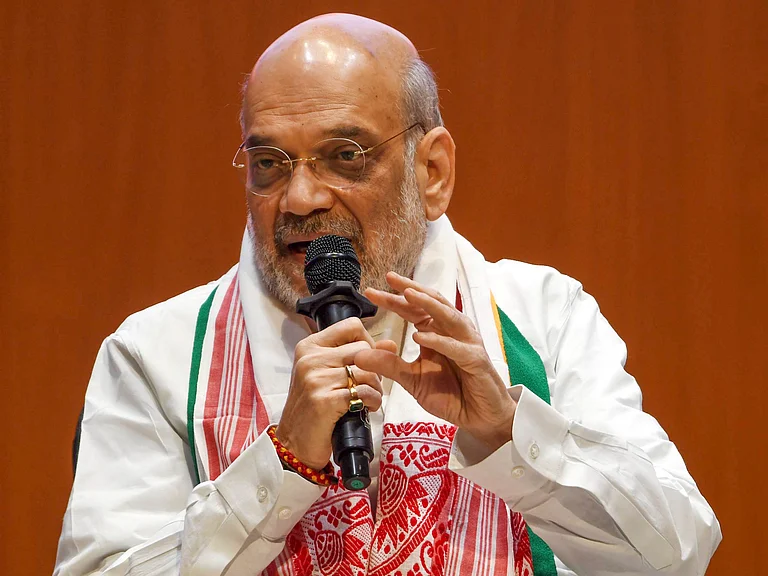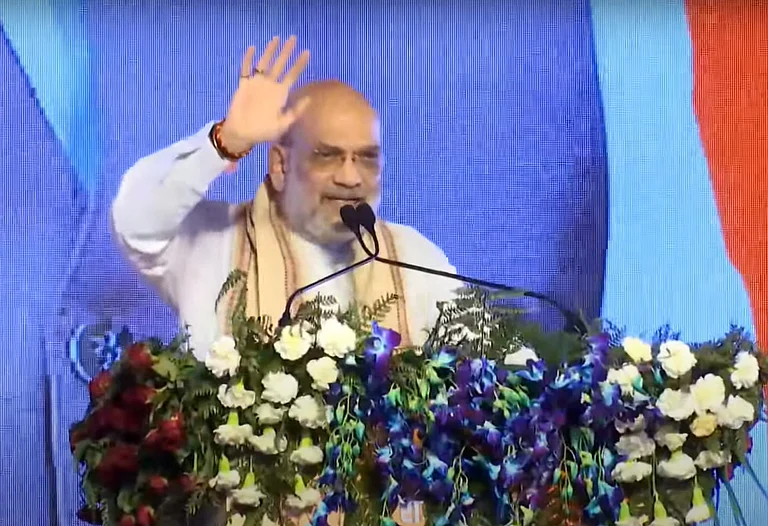The Delhi Police announced on Saturday that they have added criminal conspiracy charges to the FIR linked to the edited video of Union Home Minister Amit Shah's speech.
This update comes after the arrest of Arun Reddy on Friday. He is a national coordinator of the Congress' social media team, who managed the "Spirit of Congress" account on X.
This marked the first arrest by the Delhi Police in connection with this case.
A police officer told PTI, "We have added section 120B (punishment of criminal conspiracy) of the Indian Penal Code (IPC) in the FIR as investigation has indicated to a larger conspiracy."
Reddy, a key member of the Congress' social media team, has been accused by officials of uploading and sharing the edited video on social media with other party members.
Following his arrest, he was presented before a court on Friday night, and the court ordered him to be held in police custody for three days for further questioning by the Special Cell.
The interrogation of Reddy has started, the officials said.
Initially, the Special Cell registered an FIR based on a complaint from the Indian Cyber Crime Coordination Centre (I4C), which operates under the home ministry. The FIR, filed on Sunday, includes sections of the Indian Penal Code (IPC) such as 153 (provocation with intent to cause riot), 153A (promoting enmity between different groups), 465 (forgery), 469 (forgery for harming reputation), and 171G (false statement in connection with an election).
Additionally, the FIR also includes a section from the Information Technology (IT) Act, specifically section 66C, which pertains to fraudulent or dishonest use of electronic identification features like signatures or passwords.


























